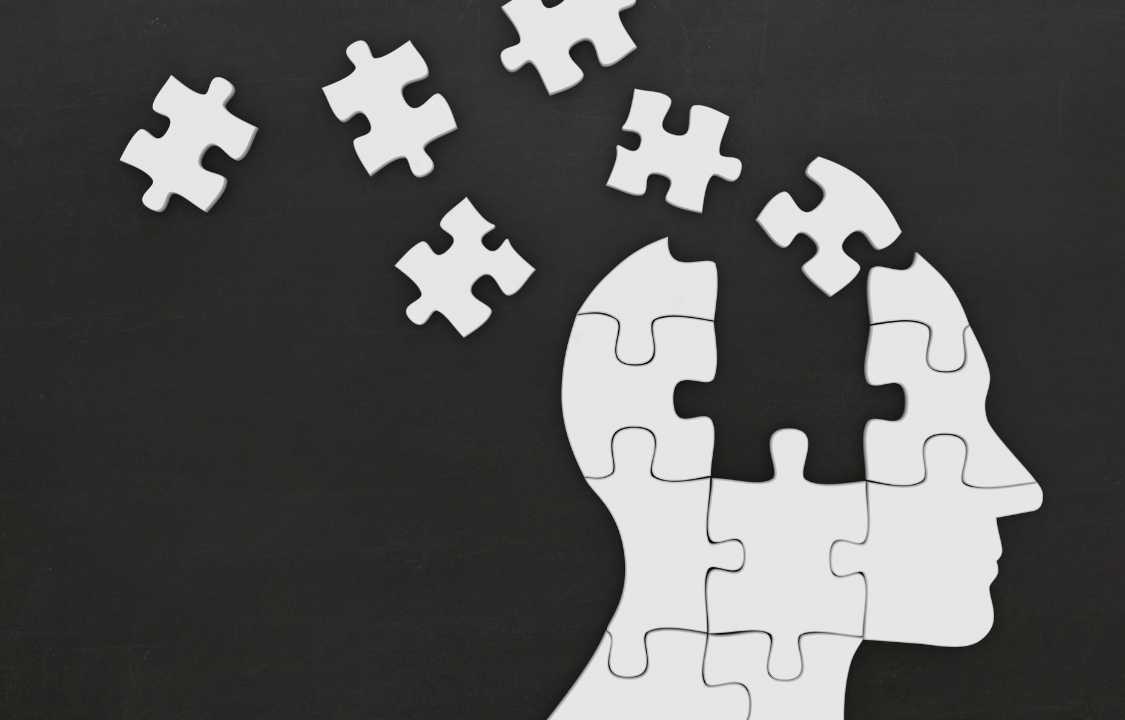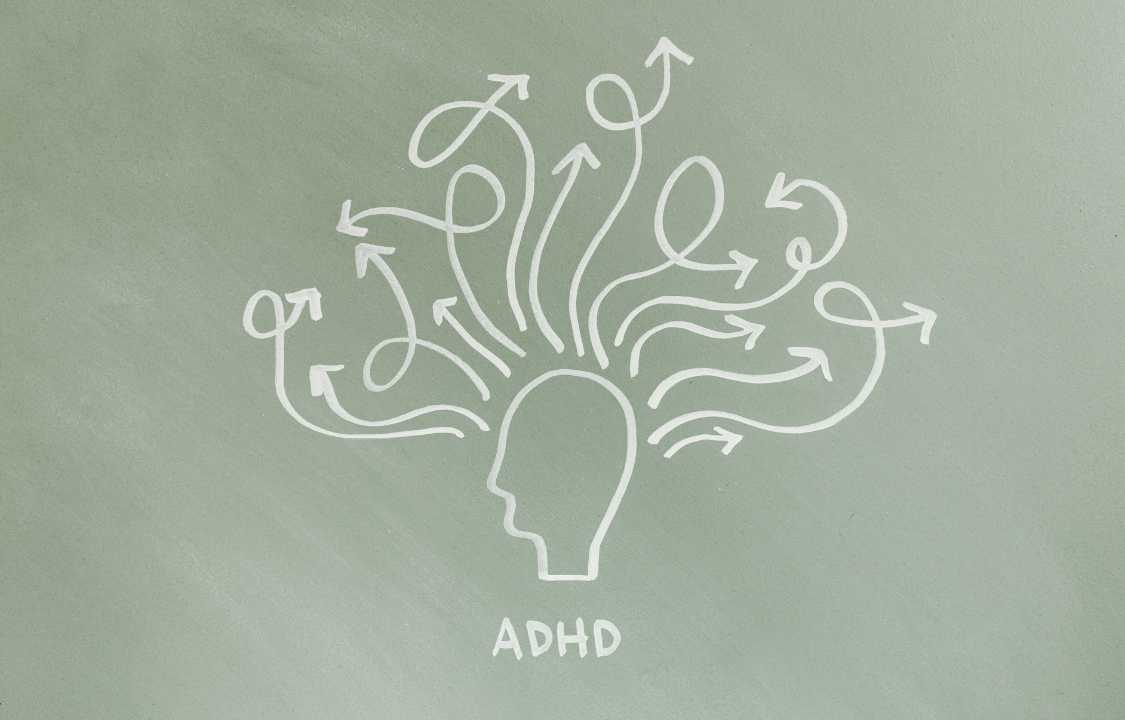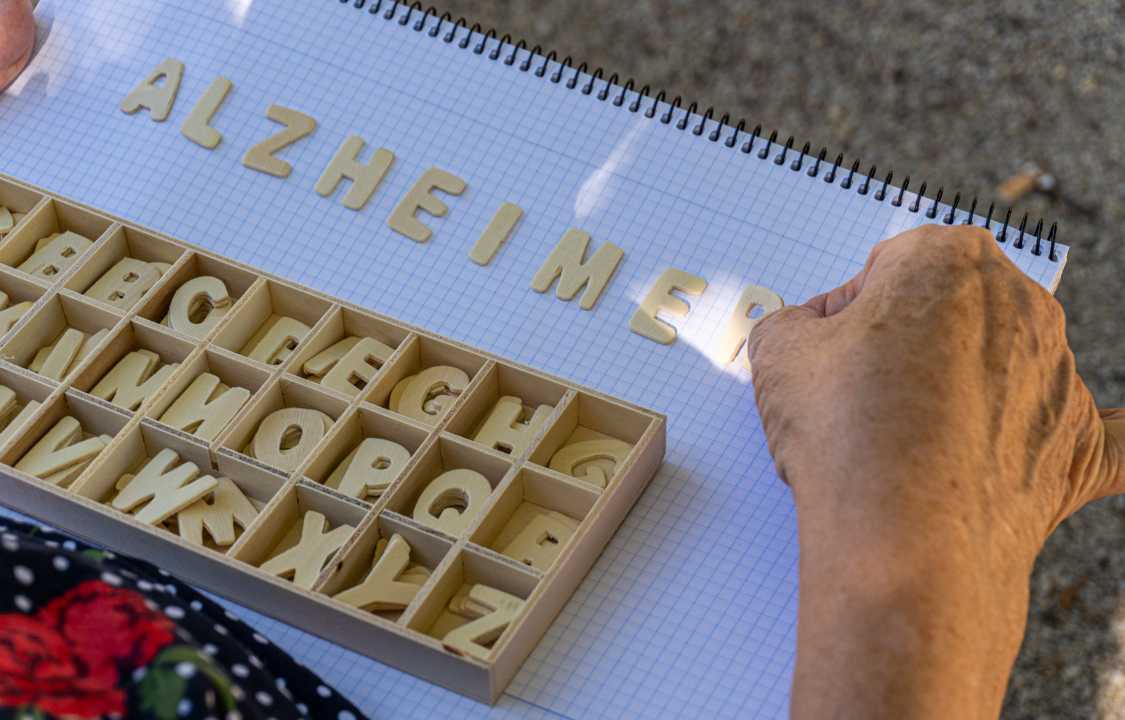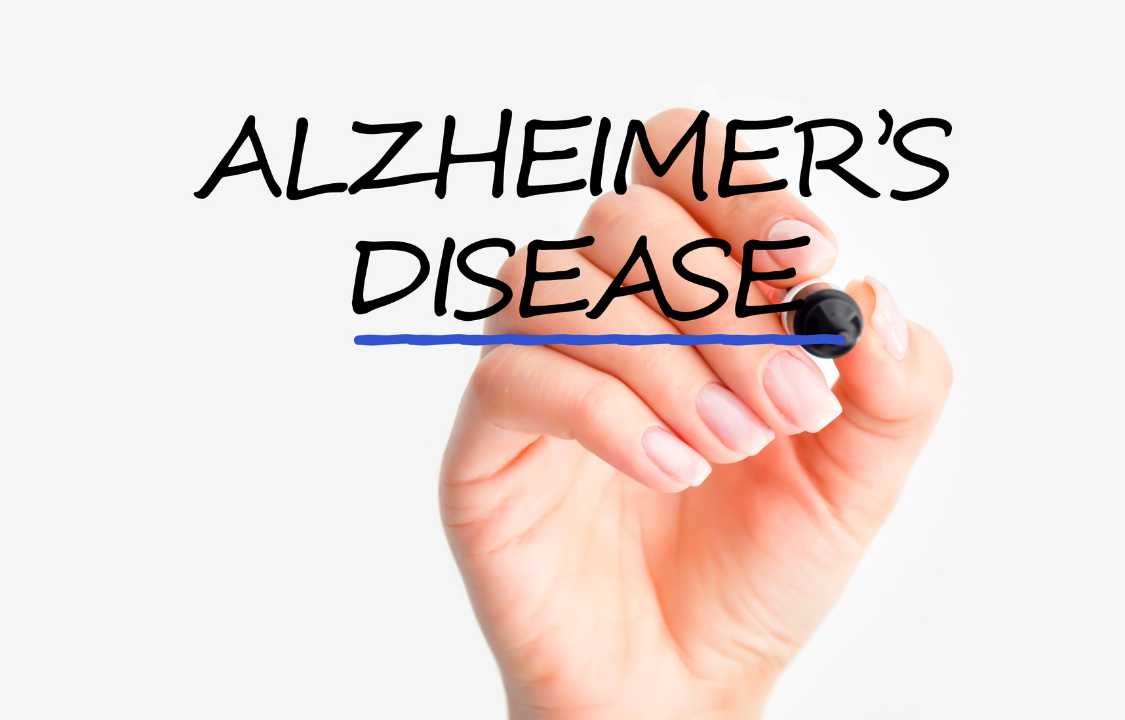There is only a limited amount of information available about the factors that lead to the attention deficit hyperactivity disorder (ADHD) symptoms of impulsivity, inattention, and trouble with organizing.1 On the other hand, there is data that points to a dopamine shortage being a factor. Dopamine is a neurotransmitter that is produced in the brain […]
Category Archives: Mental Health
It is common to experience occasional forgetfulness as we age, and various factors such as multitasking or menopausal brain fog may contribute to these lapses in memory. However, there are strategies that can reduce the frequency of forgetfulness. Experts suggest that by adopting certain lifestyle changes, you can improve your memory and cognitive function, regardless […]
Menopause is a natural process that occurs in approximately half of the population and signifies the end of fertility as the ovaries gradually decrease the production of sex hormones and menstruation ceases. However, menopause has also caught the attention of researchers who are seeking to understand why nearly two-thirds of individuals with Alzheimer’s disease (AD) […]
The attention deficit hyperactivity disorder, often known as ADHD, is a neurodevelopmental problem, which simply means that it is a condition that interferes with the normal growth and development of the brain. Symptoms of ADHD often begin to manifest themselves throughout infancy and might continue into adulthood. However, these symptoms could shift as a youngster […]
Alzheimer’s disease is a prevalent form of dementia that affects memory, thinking, and decision-making abilities. It ranks as the seventh leading cause of death in the United States. While it is not possible to prevent Alzheimer’s, certain measures can help reduce the risk of developing the disease. These practices are beneficial for overall health and […]
Brain training games have gained popularity as a means to improve cognitive abilities and maintain mental sharpness. However, the effectiveness of these games has been a subject of debate. Research has shown that supervised group training with brain games can lead to improvements in memory and mood among older adults experiencing mild cognitive decline. It […]
Alzheimer’s disease (AD) is a progressive brain disorder that affects cognitive abilities, such as memory, thinking, and language. It is most commonly seen in individuals aged 65 and older and can significantly impact daily activities. While there is currently no cure for AD, treatments are available to help slow the progression of the disease and […]
Alzheimer’s disease is a progressive neurological disorder commonly affecting older adults, characterized by memory loss, confusion, behavioral changes, and other distressing symptoms. It is the most prevalent form of dementia, with approximately 10.7% of Americans aged 65 and above living with the condition, with women accounting for nearly two-thirds of cases.1 As the baby boomer […]
Dementia, which includes memory loss, thinking difficulties, and the inability to reason logically, is the end result of Alzheimer’s disease, a degenerative neurological (brain) disorder. Most cases occur in those over the age of 65, and age itself is the greatest risk factor associated with Alzheimer’s disease. Alzheimer’s disease is not brought on by aging. […]
One common mental image that comes to mind when considering attention deficit hyperactivity disorder (ADHD) is that of a rambunctious primary school student. However, while many cases of ADHD begin in children, 4% of adults are thought to be affected as well. Adults who are currently managing the symptoms of ADHD have spoken out to […]










